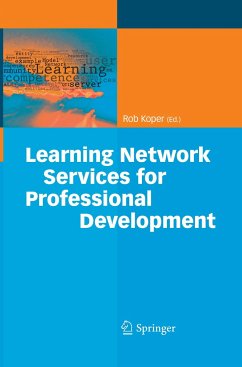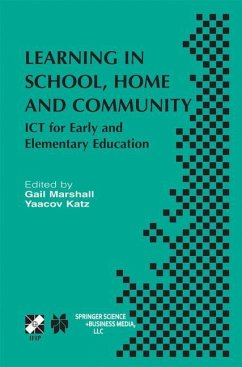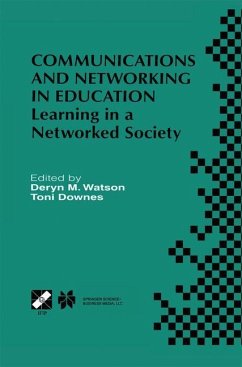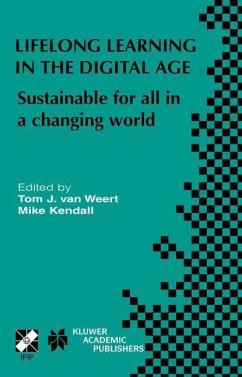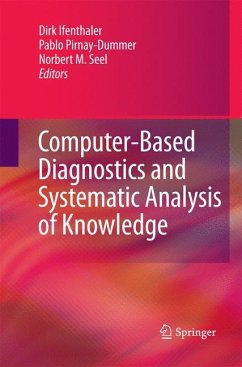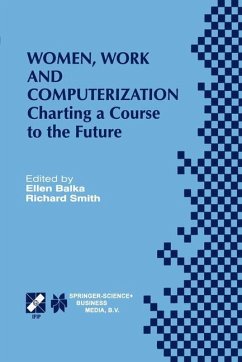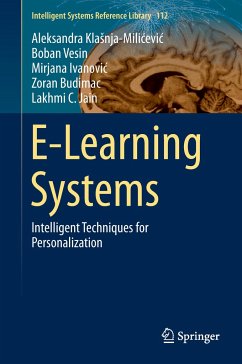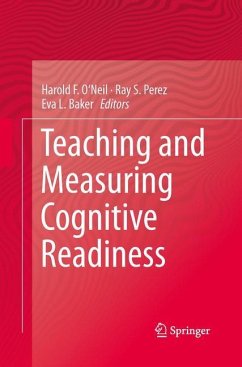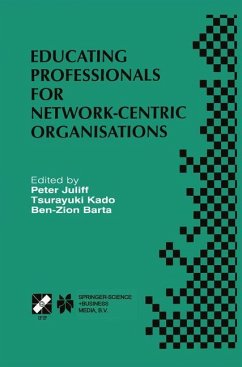
Educating Professionals for Network-Centric Organisations
IFIP TC3 WG3.4 International Working Conference on Educating Professionals for Network-Centric Organisations August 23-28, 1998, Saitama, Japan
Herausgegeben: Juliff, Peter; Kado, Tsurayuki; Barta, Ben-Zion

PAYBACK Punkte
64 °P sammeln!
The short history of the International Working Conference on Educating Professionals for Network Centric Organizations is a good illustration of the tremendous rate of development of global networking, its impact and of its deep penetration into management of business, industty and administration. In 1996, when the theme and name of the conference had been set, there was yet no heavy use of networks in the fields just mentioned. However, it has been already established well enough to enable those with a visionary sense to feel that it will be an important subject and it could be an interesting...
The short history of the International Working Conference on Educating Professionals for Network Centric Organizations is a good illustration of the tremendous rate of development of global networking, its impact and of its deep penetration into management of business, industty and administration. In 1996, when the theme and name of the conference had been set, there was yet no heavy use of networks in the fields just mentioned. However, it has been already established well enough to enable those with a visionary sense to feel that it will be an important subject and it could be an interesting theme for a conference to be held within two years. It seemed a risky decision at the time but it turned out to be very successful when conducted in 1998. It has been stated that "it took until 1997 for the business world to discover the Internet". In less than two years, the Internet and the Intranets are a vital component for running major parts of the business world. This fast pace puts some pressure on writing papers and holding a conferenc- effort has to be made to have meaningful contents despite the changes. A time span of 9 months between writing a paper and having it published, seemed once to be very short, but it is not so any more when referring to a dynamic issue like global networking.



